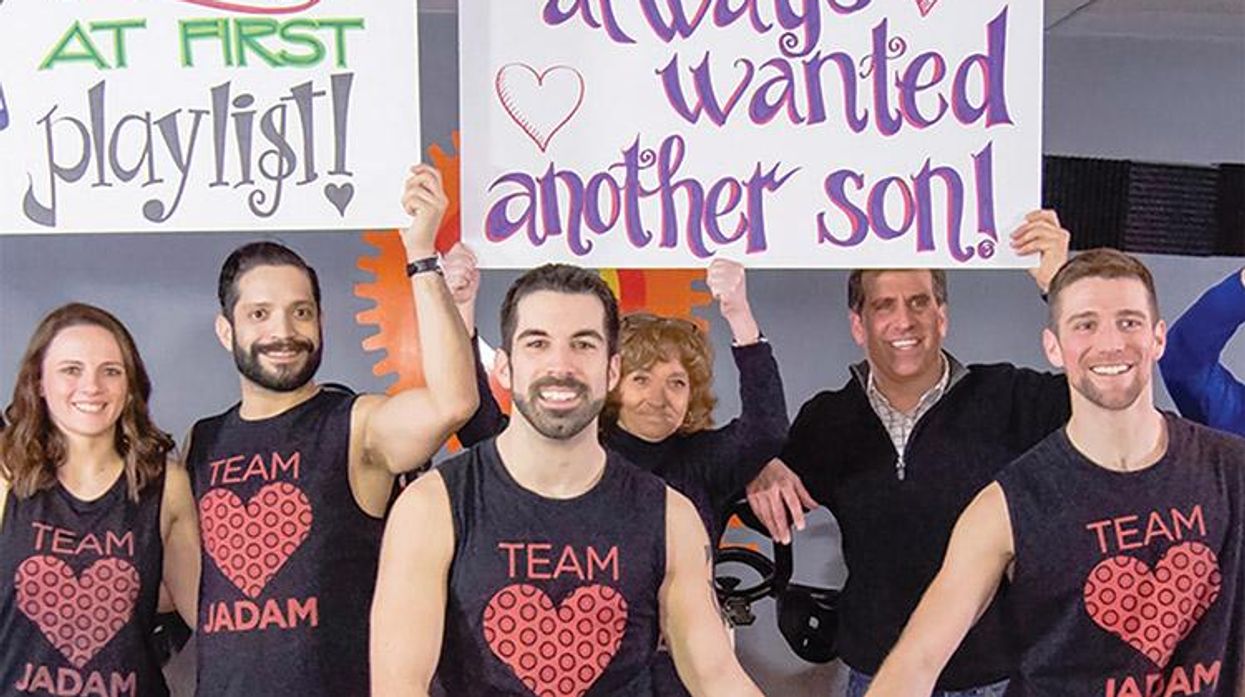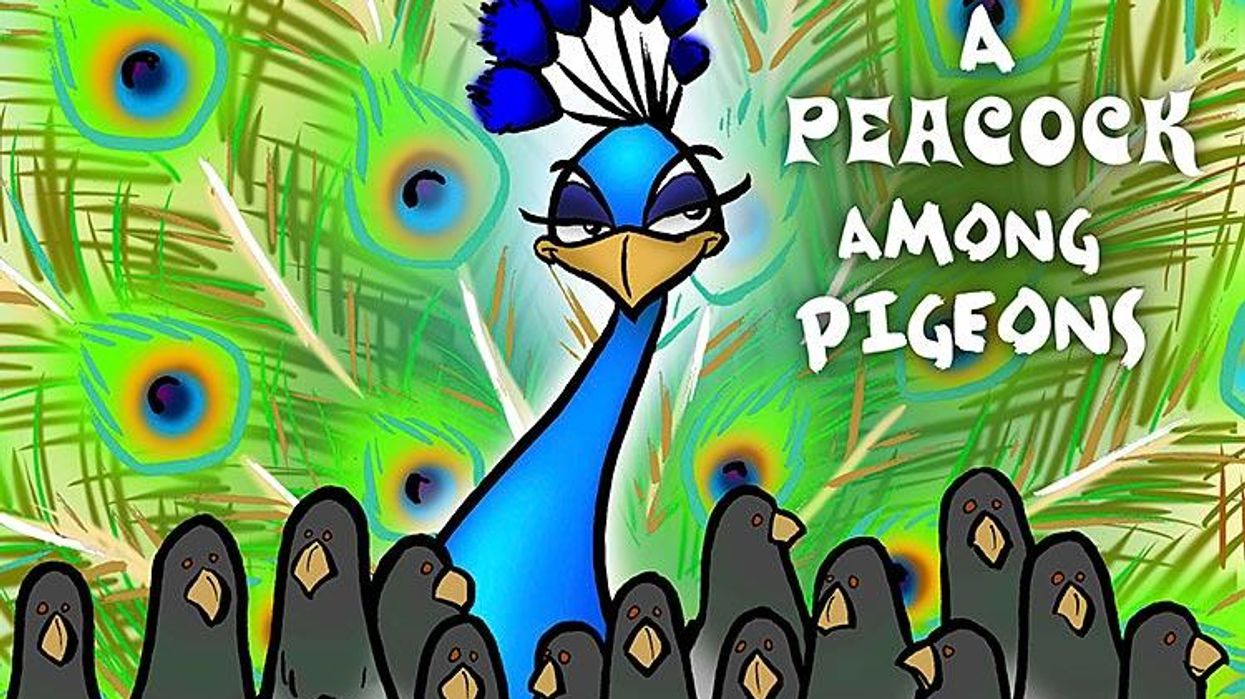I should tell you, I love Britney Spears. I should also tell you that I am a member of the fanciest gym in town, and yes, I do consider it my church. Oh, and after my daily workouts in my fancy gym listening to Britney Spears I frequently apply a layer of self-tanner in a not-so-discreet fashion after showering. And I only drink vodka sodas -- a lot of them.
Now, some of you may consider me to be a walking, talking, choreography-memorizing, barhopping stereotype of gay culture. I hate to agree with you, but I totally am. And it doesn't bother me one bit.
I know all of the jokes, labels, and judgments that are made about boys like me. I am usually the one cracking them. I do not feel defined by any worn-out category or tired archetype just because a few of my interests may seem a little cliche. They are only a few of my interests, of which there are many.
Conversely, I enjoy discussing, exploring, and even poking fun at gay stereotypes, those of myself and others as well. I do so because these stereotypes are only collections of accentuated characteristics, not actual people. And the more we learn to laugh at the caricatures that we all resemble from time to time, the more fully realized our true character will be.
Lucky for me, I am surrounded by the gay cliches that many heteronormative gay men would rather pretend not exist. In addition to my own aforementioned tendencies, I have friends who run the gamut of trite gay culture. On the surface, they may look like circuit queens, daddy bears, fem-bots, gym bunnies, urban hipsters, fruit flies, or pretentious yuppies. Underneath these comedic veneers are starkly complex individuals with as many unconventional traits as stereotypical ones. Most important, these people have the ability to laugh at the two-dimensional dramatizations created in their likeness because they are living in a three-dimensional world.
Stereotypes only carry weight for those who still feel defined by the confines of their own category. As someone who came out at the age of 16, I had a relatively smooth social adjustment period. I was able to find my confidence as a fully realized person just as most people do -- during college. Of course, I went through a stage where my sexual orientation seemed like the most defining element of my being. But just like any other stage, I got over it. However, my confidence in my individual self was put into question again when I was forced to tackle a second barrier of self-acceptance.
At 28, I found out I was HIV-positive. Suffice it to say, I was uncomfortable with the generalizations made about HIV-positive men. In the first months following my diagnosis, any categorical mention about a person who was positive stung like a motherfucker.
It is a waste of time trying to dispel the untruths that make up the stereotypes that seem to plague some gay men. Nobody who is guilty of perpetuating them will be listening. There is only one way to step out from under the weight of a stereotype, no matter what it may be. Living an out loud and authentic life, no matter what that may look like, renders stereotypes defenseless. As an HIV-positive man, I knew the only way for me to push past my internalized typecasting was to speak on about who I was, HIV diagnosis and all. It was only then that I was able to emerge out from under the once enormous positive sign as myself again. And just like Britney said, "I'm stronger than yesterday."
As gay men, we shouldn't try to distance ourselves from some of the defining characteristics that are as colorful and diverse as the flags we wave. When you are honest and unapologetic about who you are, you take away the ability of others to define you. It doesn't matter if these traits do or do not pertain to you. The growth of a community comes from embracing our differences and viewing each other as equals in our complexities and individuals in our shared stereotypes. As a people who continue to be encounter adversity, prejudice, and fear, we should strive to laugh with each other as much as we can.
If we take ownership of the stereotypes that our adversaries try to use against us, it only confuses them. And that, my friends, is sheer comedy.
TYLER CURRY created the Needle Prick Project as an editorial and visual campaign to elicit a candid and open conversation on what it means to be HIV-positive today. To learn more about the Needle Prick Project, visit Facebook.com/getpricked or follow Tyler Curry on Facebook or Twitter at @iamtylercurry.















